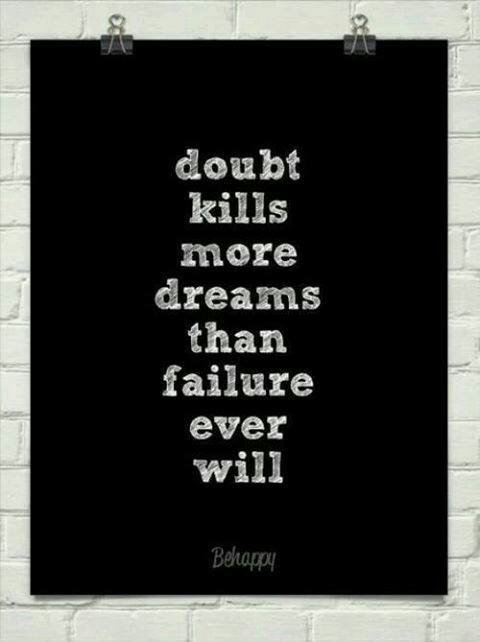The science is clear. Awards can be powerful motivators, but nonstop recognition does not inspire children to succeed. Instead, it can cause them to underachieve.
Carol Dweck, a psychology professor at Stanford University, found that kids respond positively to praise; they enjoy hearing that they’re talented, smart and so on. But after such praise of their innate abilities, they collapse at the first experience of difficulty. Demoralized by their failure, they say they’d rather cheat than risk failing again.
In recent eye-tracking experiments by the researchers Bradley Morris and Shannon Zentall, kids were asked to draw pictures. Those who heard praise suggesting they had an innate talent were then twice as fixated on mistakes they’d made in their pictures.
By age 4 or 5, children aren’t fooled by all the trophies. They are surprisingly accurate in identifying who excels and who struggles. Those who are outperformed know it and give up, while those who do well feel cheated when they aren’t recognized for their accomplishments. They, too, may give up.
It turns out that, once kids have some proficiency in a task, the excitement and uncertainty of real competition may become the activity’s very appeal.
If children know they will automatically get an award, what is the impetus for improvement? Why bother learning problem-solving skills, when there are never obstacles to begin with?
If I were a baseball coach, I would announce at the first meeting that there would be only three awards: Best Overall, Most Improved and Best Sportsmanship. Then I’d hand the kids a list of things they’d have to do to earn one of those trophies. They would know from the get-go that excellence, improvement, character and persistence were valued.
It’s accepted that, before punishing children, we must consider their individual levels of cognitive and emotional development. Then we monitor them, changing our approach if there’s a negative outcome. However, when it comes to rewards, people argue that kids must be treated identically: everyone must always win. That is misguided. And there are negative outcomes. Not just for specific children, but for society as a whole.
In June, an Oklahoma Little League canceled participation trophies because of a budget shortfall. A furious parent complained to a local reporter, “My children look forward to their trophy as much as playing the game.” That’s exactly the problem, says Jean Twenge, author of “Generation Me.”
Having studied recent increases in narcissism and entitlement among college students, she warns that when living rooms are filled with participation trophies, it’s part of a larger cultural message: to succeed, you just have to show up. In college, those who’ve grown up receiving endless awards do the requisite work, but don’t see the need to do it well. In the office, they still believe that attendance is all it takes to get a promotion.
In life, “you’re going to lose more often than you win, even if you’re good at something,” Ms. Twenge told me. “You’ve got to get used to that to keep going.”
When children make mistakes, our job should not be to spin those losses into decorated victories. Instead, our job is to help kids overcome setbacks, to help them see that progress over time is more important than a particular win or loss, and to help them graciously congratulate the child who succeeded when they failed. To do that, we need to refuse all the meaningless plastic and tin destined for landfills. We have to stop letting the Trophy-Industrial Complex run our children’s lives.
This school year, let’s fight for a kid’s right to lose.

